September 25, 1976L The Host is Norman Lear and the Musical Guest is Boz Scaggs

Here's some stuff that happened in the past
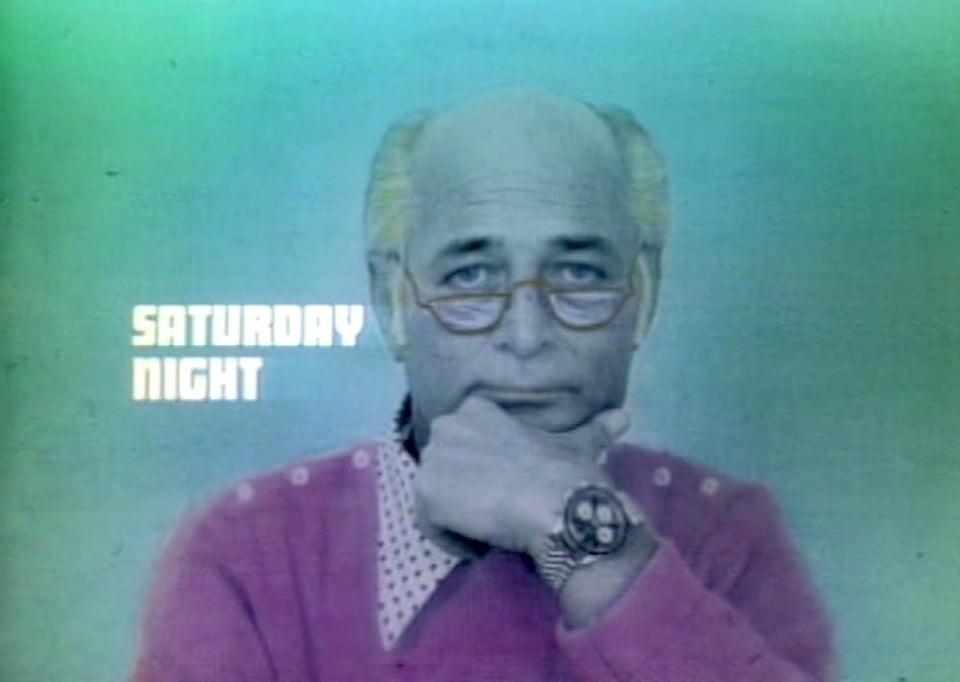
Television mogul Norman Lear was not the first non-entertainer to host Saturday Night Live. That distinction belongs to Ron Nessen, the presidential press secretary whose performance on a famously vulgar episode failed to impress the White House.
Lear was consequently the second host who wasn't a musician, a stand-up comedian, or an actor. The show used the same blueprint that it used for Nessen and would go on to employ with the many non-performers to come, including many politicians and athletes guaranteed to score big ratings, if not big laughs.
Saturday Night Live made it as easy as possible for Lear. The All in the Family creator mostly appears as himself or has undemanding supporting roles in sketches carried by cast-members. There are also a fair amount of sketches that don't involve the host, which I'm guessing didn't bother Lear.
Lear was a host because he was a big name in socially conscious television and, despite his Mary Hartman, Mary Hartman star Louise Lasser's disastrous hosting stint, an ally in dragging hokey old television kicking and screaming into the rebellious 1970s.
The boob tube big shot was a big name who could also be called upon to bring along other big names. Not Gerald Ford big, mind you, but very big all the same.
In a taped bit, Lear asks the stars of his hit shows to talk about him as a boss. They all gush about him, then make silly, mocking faces when he's not looking. It's not funny, but it is a way to get superstars like Carroll O'Connor, Bea Arthur, Sherman Helmsley, Isabel Sanford, and even Richard Crenna and Bernadette Peters, who starred in All's Fair, a one-season wonder about mismatched romantic partners, in the show.
It's a bit that has a lot of stars and barely one joke.
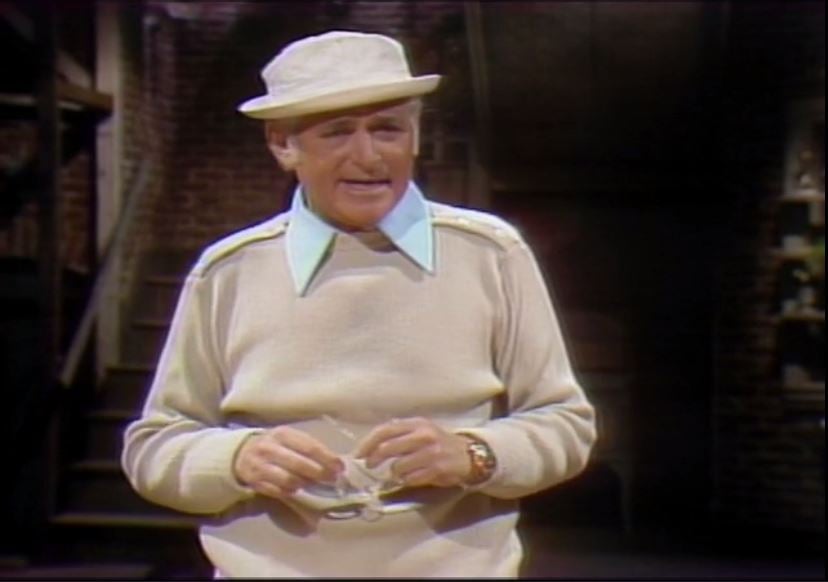
The meteoric rise of Saturday Night Live's first breakout star inspired a much funnier and more acidic segment.
It was inspired by a cover of Photoplay magazine with Chevy Chase front and center and tiny representations of Gilda Radner, Jane Curtin, and Laraine Newman, who are credited, hilariously and inaccurately, as Chase's "girls," in the right-hand corner.
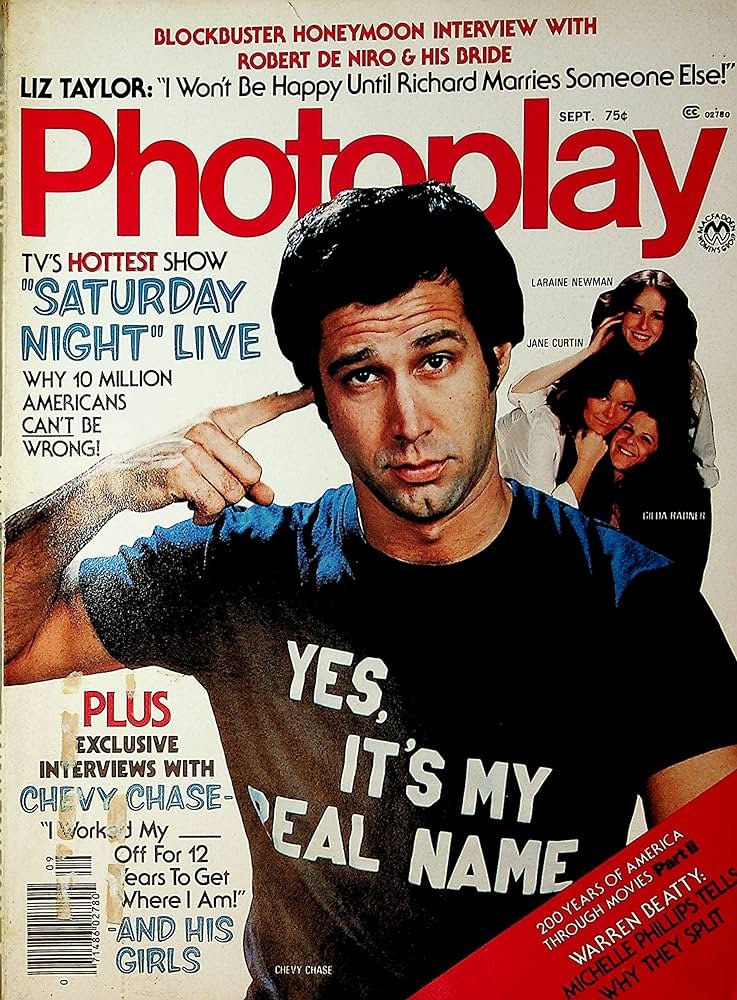
With Chase out for the episode with one of his famous "injuries," Radner, Curtin, and Newman sing a "Leader of the Pack"-style girl group anthem about how when Chevy falls, they wish that he was falling for them.
It's a bravura exercise in sneering sarcasm that gets some of its transgressive kick from knowing just how much it must have pained these profoundly talented women to pretend, even in song and jest, to hold Chase in such comically high esteem.
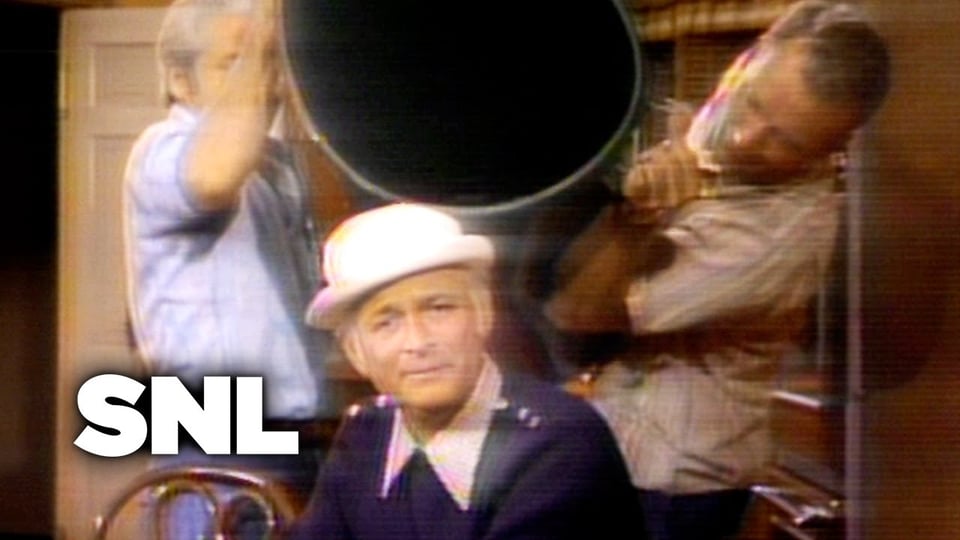
It's a segment that works both because of the withering show business satire but also because it's a real song that perfectly captures the sound, style, and vibe of Phil Spector-produced pop songs from the 1960s.
Aykroyd's pitch-perfect Jimmy Carter returns with a hilariously ribald monologue in which he really leans into the whole "lusting in his heart" thing by pledging to follow in the horny footsteps of Democratic presidents such as LBJ, FDR, and JFK and be a "lusty, zesty" Commander in Chief.
Lear appears as himself in the show's wildest and most audacious sketch, but the cast wisely handles all of the actual work.
In it, a writer pitches a show to Lear that's a hilarious parody of his provocative, working-class aesthetic family with a union boss for a dad (John Belushi), a higher-up in management for a mom (Curtin), a nun (Newman) for a daughter and a gay motorcycle cop (Aykroyd) for a son.
If that was not enough for one show, the family are also snake handlers who each get to spend a little quality time with their slimy, slithering pet reptile.
The show uses actual snakes, which makes everything much funnier, particularly since the actors play everything so straight and deadpan, the snake handling most of all.
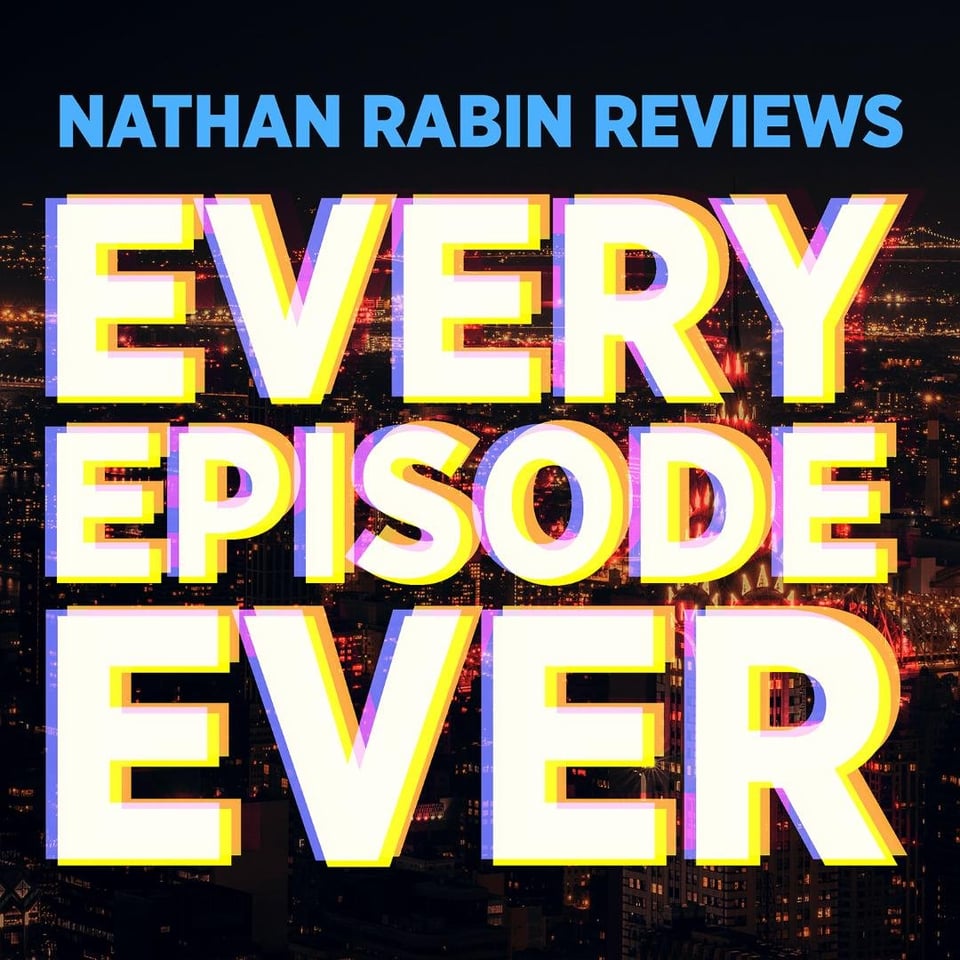
Thankfully, nobody was bitten during this sketch, but it is a biting spoof of Lear's sensibility.
They aren't all winners. There's a sketch about contentious negotiations between the white supremacist Rhodesian government and black natives that drags on interminably and consists largely of racial insults, but this episode proved that it didn't need its ostensible star and that his colleagues were more than able to pick up the slack.
That's good because Chase wouldn't even make it halfway through the season before bolting for more lucrative, if not more creatively fulfilling, endeavors.
Grade: B+
Best Sketch: The Snake-handling O'Sheas
Weakest Sketch: Rhodesian Peace Talks
You just read issue #33 of Every Episode Ever. You can also browse the full archives of this newsletter.
Add a comment: